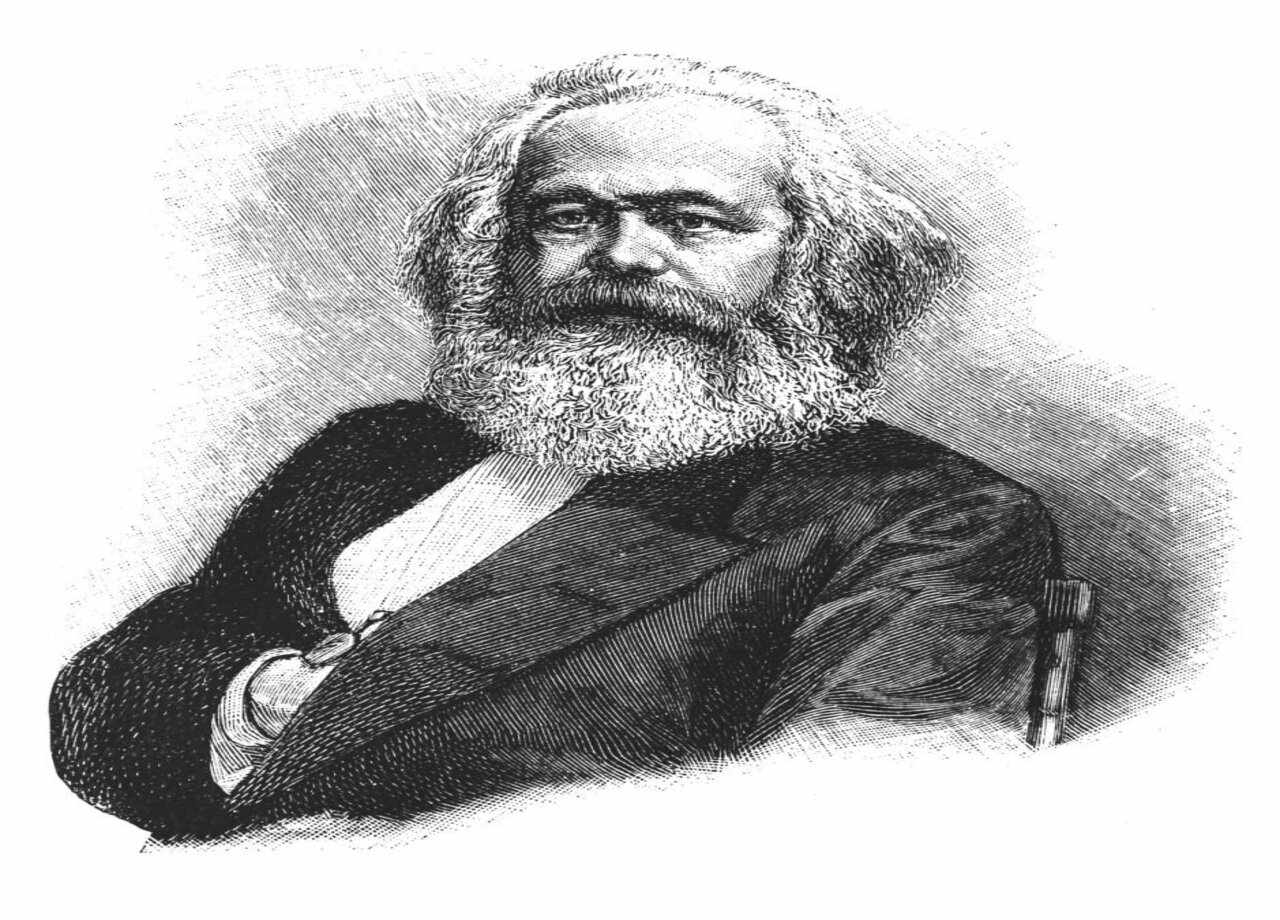The Early Life and Revolutionary Ideas of Karl Marx: His Father's Influence and Education at Home
In 1815, a discriminatory law also affected Marx’s parents. Trier city’s home state Prussia enacted a law that banished Jews from the German high society. This law was very harmful to Jews because it restricted their progress. Karl Marx’s parents had only 2 options. Either leave the country or convert to Christianity. Karl Marx’s father Heinrich Marx choose the 2nd option. He converted to Christianity. But he rejected Catholicism and embraced Protestantism instead. He believed that Protestants were more liberal than Catholics.
Rhineland was a catholic majority area. Yet Marx’s father preferred Protestantism. Despite their conversion, German society still hated their Jewish background. So Marx developed a disliking of religious prejudice from an early age. Marx also inherited revolutionary ideas from his father. Marx’s father was influenced by the French Revolution. He wanted a revolution in Germany too. He also joined a few revolutionary organizations. Marx’s father had a library containing books by Rousseau, John Locke, and many other great philosophers. Karl Marx studied Greek and Roman mythologies in the same library.
The story of Prometheus impressed him and he decided to help humanity like Prometheus. Thus at an early age, Karl Marx developed revolutionary tendencies. Although he was a naughty child. He used to annoy his sisters very much. He used to sit on their shoulders and forced them to run or eat his mud cakes. Karl Marx got his initial education at home and didn’t go to school until the age of 12. But when he went to school he found out that the outside world was a hard place to live. Then he saw the sufferings of the people around him which disturbed him emotionally.
Karl Marx's Hometown: Industrialization, Injustice, and Revolution
It was the time of industrialization in Europe. But Marx’s hometown Trier lacked the industry. Most people worked in vineyards in suburban areas. Trier was less developed than other German cities. The city was teeming with poor and jobless people. 1/4th of the city’s population were beggars or prostitutes. Government and capitalists were blocking the poor class’ path to progress. The poor were paying heavy taxes while their employers were unwilling to pay them properly. As a result, the income of the poor was declining and inflation was rising. The common man was getting poorer and the rich were getting richer.
This injustice in the distribution of wealth left a strong impression on Karl Marx’s mind. Another thing that Karl Marx noted in his city was more important than the unfair distribution of wealth. He also felt that the poor people desperately wanted to change their plight. Trier was close to France and influenced by the French revolution. Many revolutionary organizations were active here. But these organizations worked underground, fearing government action. Because at that time the talk of democracy or any opposition to monarchy was a crime.
Revolutionaries were imprisoned as rebels. So workers and students kept their activities secret. These revolutionaries wanted to change. Socialism and Anarchism had become 2 parallel symbols of change. Supporters of socialist ideology wanted a people’s government that would protect workers’ rights. While anarchists advocated the abolition of the state to free mankind from all restrictions. These 2 ideologies were becoming popular in Europe in those days.
The Revolutionary Environment of Karl Marx's Hometown and Early Life
The government spied on revolutionaries to take action against them. Educational institutions and offices were monitored, and police often raided secret meetings of revolutionaries. Police often arrested students and teachers and recovered revolutionary literature. As imperial authorities used force against revolutionaries the religious class countered them intellectually. The church opposed revolutionary thoughts and taught the people to obey the king and the church.
Trier’s archbishop used to make strong speeches against socialist philosophers like St. Simon. But all the police actions and religious sermons could not suppress the revolutionary ideas. Marx was also introduced to revolutionary ideas in his school. The school principal, most of the teachers, and students supported revolutionary thoughts. Secret police monitored the school’s activities and sometimes arrested its teachers and students.
When Karl Marx went to study law and philosophy at Bonn University, he joined revolutionary activities. It was here that his rebellious attitude first came to light and he had to go to jail. 17-year-old Karl Marx indulged himself in drinking alcohol, wasting money, and taking loans from friends. He led a gang of drunkards, called the Tavern Club. The gang was involved in many disturbances and fights on campus. Once Karl Marx was caught red-handed when he was drunk and making noise.


2 thoughts on “Who was Karl Marx | Part 2”